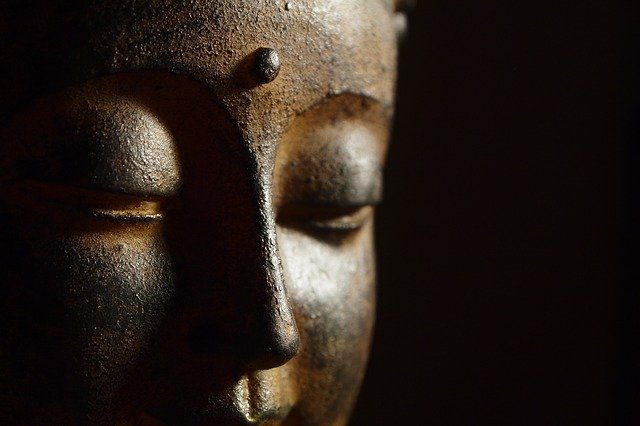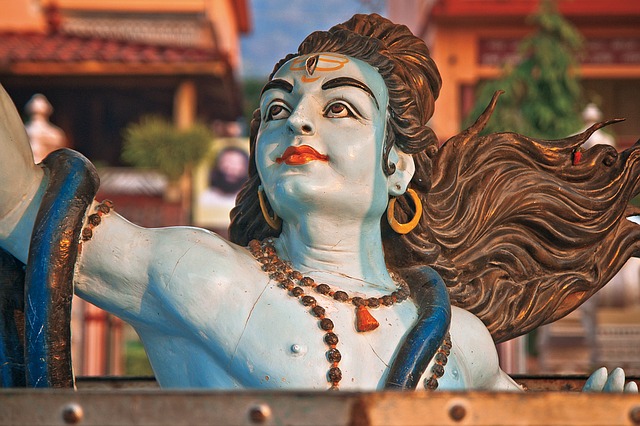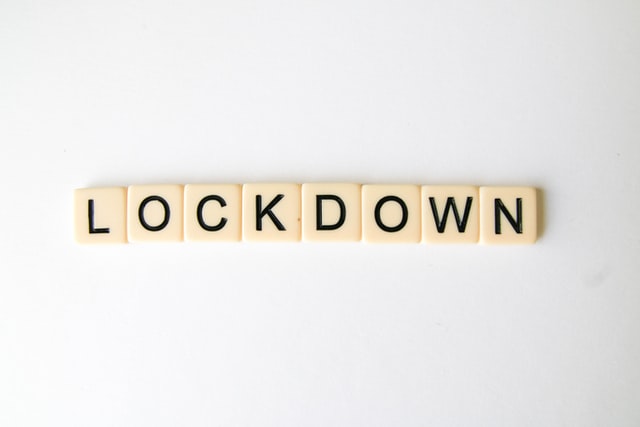In my previous article, I’ve talked a bit about the Law of Attraction. And after that, I got into a conversation with a great friend of mine about Karma. And as the two of them do have a couple of similarities, I think it’s about time to have a few words with Karma.
We all probably know something about the concept of karma and we know where it comes from. But do we really know what it is about and what it really stands for? Well, to be really honest, I’ve read a lot about it already and everyone is actually saying a couple of different things. Even though in general the whole concept is the same, there are some interpretations about Karma, let’s read on.
Karma in Buddhism
The first thing, Karma is big in Buddhism. If you’ve seen the movie ‘7 years in Tibet’ you know there is a scene where everyone is digging the ground with their hands instead of machines to make sure they won’t be killing any animal. This is because Buddhism not only believes in Karma but also in reincarnation. And the two of them actually work together.

The Buddhists say that we keep on reincarnating from life to life and that whatever we’ve accumulated in our previous lives will actually come back to us in our present. This is what they call Karma. Translated it actually means action. Which is why you’ve got Good Karma and Bad Karma. At the end of our life, we will see the balance and after that, we got reincarnated into another life form. And I’m saying ‘form of life’ as it can be really anything.
Of course, you can get out of the cycle of reincarnation, but it’s hard. It would mean that you’ve resolved all your Karma, meaning that you’ve become fully enlightened. And I’m not even going to speculate what will happen after that…
So, that’s a bit of the basics of Karma in Buddhism, there’s quite a lot to say about it and a lot to ask. Sadly, I’m not a Buddhist myself. So I’m not following any Lama to ask all of my questions to. I also don’t believe in the fact that we carry our Karma with us from our past lives. And just because of the next couple of reasons:
- Within Buddhism, they say that you’ve got to be in the here and now, and that’s the way to enlightenment. Talking about Karma would mean that you’ve got a past and you’ve got a future, which is not in line with what they’ve been talking about.
- Another thing is that you might get stuck in a loop. Within Buddhism, you’ve also got people saying that if you did something bad in your past life, like stealing from someone, that person will come back at you in your next life. Do you already see where I’m going? This would mean that with that person you’ll always be having a feud. Doing the same thing to each other over and over again. Or, you might be hoping that one of you would take the higher ground in one of your lives.
- And the last reason is that it would mean that you have little to no control over your own life. If you are in a shitty situation, you can do what you want, you deserved it and you have to do your time. I’m not a big fan of that. I do believe that people can get out of a hard situation when they are working hard for it, whether it’s physically or emotionally.
Karma in Hinduism

When you have two kids and you raise them both exactly the same, they won’t end up the same in the end. And that’s a bit the same with Hinduism and Buddhism. Even though they’ve got similar scripts, like the Vedas, they are slightly different from each other.
Karma is also a big thing within Hinduism and I’m not going to repeat all the things that I’ve mentioned above here as you’ve got the point of Karma a bit by now ;).
What I am going to focus on is the biggest difference between the two of them regarding Karma. And that is the Gods. While Buddhism is really focused on doing the right action to make sure that you build up some good Karma, the Hindus rely more on the gods.
Karma in Other Religions
Even though we won’t admit it, most of the religions are actually very similar to each other. At least when you strip it all down to its teachings. There is one big common factor in all the religions out there: they want you to be good.
And alright, they all have different scriptures and they all have different things to say. However, they also have all and the same rules to live by. They all say that you can’t kill another person, that you can’t lie, that you can’t do this or that.
It even states in the bible that you reap what you sow. Although it doesn’t refer to Karma, as the regions and time of writing don’t match, it does have the same ring to it. Be a good person and good things will come to you, be a bad person and bad things will happen to you.
It’s a bit black and white, but it’s just to demonstrate what it is all about.
Karma in Spirituality
In the past, I’ve had a lot of teachers who were actually all saying the same thing about Karma. I do have to say that I’m not aware of what religious stream this is coming from, but they all had the same view on it. Which is also why it became my view on Karma.
Most of my teachers did keep it in the here and now and did say that Karma is all about your present actions. They stayed close to the present saying that everything that happens in your life is actually designed that way so you can learn from it. And when you learn to stay in the present, that’s when nothing will really bother you.
You know those persons who are always getting the same situations and who are always doing the same thing and getting the same situations. You see the loop here ;)?
Well, to my teachers Karma was about resolving those situations that are coming across your path, rather than needing to resolve actions from your previous life. With the same goal, to reach that state of enlightenment.
Conclusion
I’d like to leave on the final note that you don’t have to take it all seriously what I’ve written here. Meaning that a lot of it is my view on the world and how I see it. You don’t have to agree nor disagree with me. I just want to make sure that people reflect on their beliefs.
When you are following a certain religion, you will have people who are guiding you. Make sure that you do ask them all the questions about life that you’d like to ask. They are people too and they also have their interpretation of the scriptures. Making that they also have a colored vision of what they have been reading or what they have thought.
That said, make sure that you don’t follow someone blindly, your paster, imam, priest, or whatever, also doesn’t have all the knowledge. And within yoga and meditation, you actually learn as well that you have to stay true to yourself and make sure that you keep your own thoughts and morals as well.
And I think that’s about it to sum it all up ;).
Nama-stay wonderful everyone!



